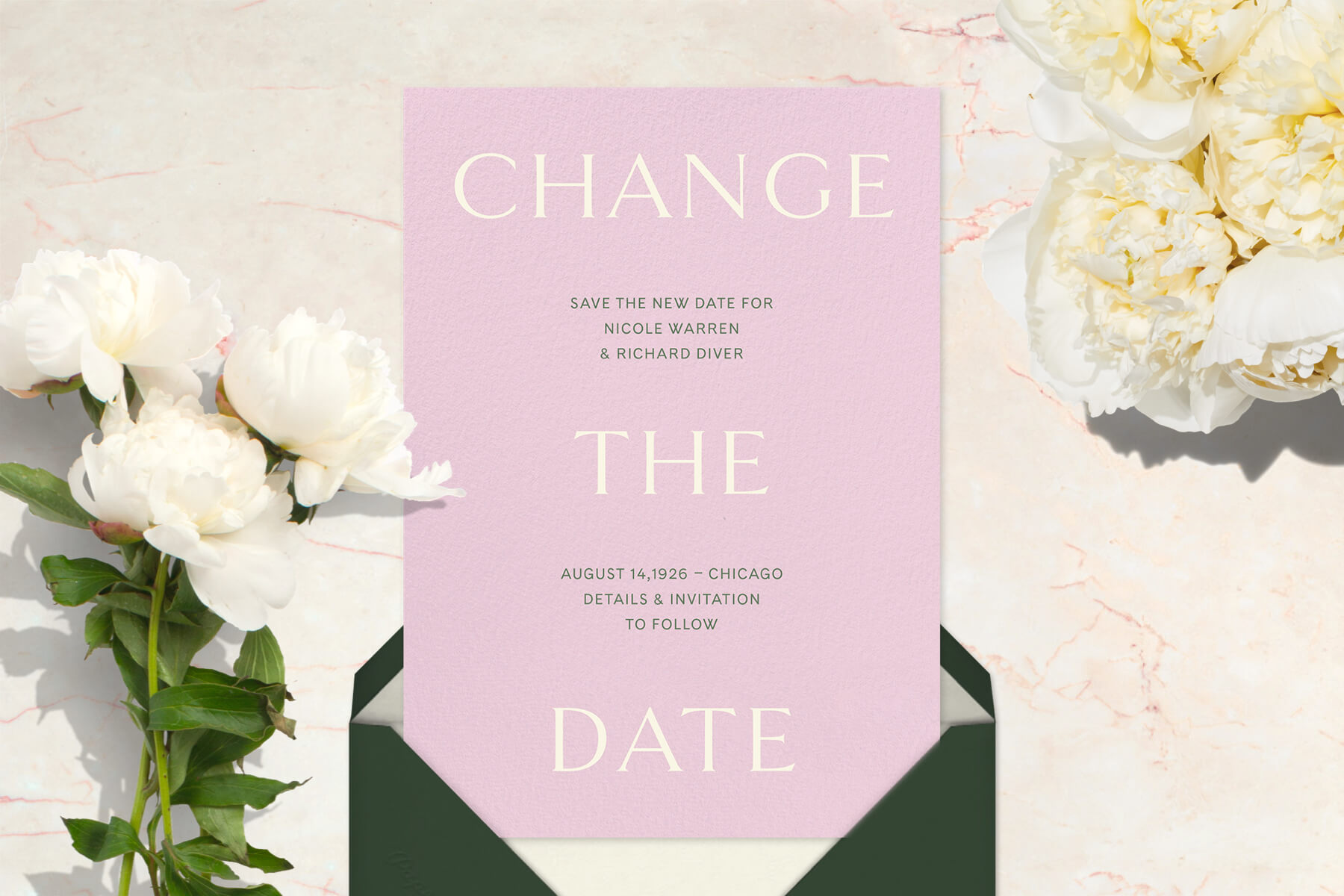Given the many 2020 wedding celebrations postponed due to the coronavirus pandemic, people’s calendars may be extra stacked this summer through next year. As the number of vaccinated Americans goes up and COVID-19 case numbers go down in many parts of the country, invitations are starting to arrive in mailboxes again. Things are moving in the right direction, but we’re not out of the woods yet. Deciding which weddings to attend in the coming months — and how to do so safely — is still a concern.
“Although things are opening up and there is light at the end of the tunnel, this is not the time to drop your guard,” etiquette expert Diane Gottsman, author of “Modern Etiquette for a Better Life” and founder of The Protocol School of Texas, told HuffPost. “We all still need to be cautious. Here’s what you need to consider to decide which invitations to accept and which to decline.
Attending a wedding is still a risk. But how risky it is depends on several factors.
Here are some things to consider before RSVPing “yes,” according to Dr. Neha Nanda, medical director of infection prevention and antimicrobial stewardship for Keck Medicine of USC, and according to the updated guidance from the Centers For Disease Control and Prevention.
- Is it an outdoor event or an indoor one? The risk of transmission is nearly 20 times lower outside than inside. If it’s indoors, you’d want to know if it’s a more spacious venue that would allow for significant social distancing and if the space is well-ventilated (for example, are there open windows and doors to increase airflow?).
- How many guests will be in attendance, and how many of them are vaccinated? More minor guest counts pose less of a risk than larger ones. And the more fully vaccinated guests, the better. The CDC advises against large gatherings but does not provide numbers for what constitutes a “large” or “small” event. Your state or city, however, might have more specific guidance in place.
- How long is the wedding? Whether inside or outside, the event’s length should also be considered, especially if it’s a more crowded setting where maintaining 6 feet of distance between you and the other guests may be difficult. “When you’re going to be in long-term proximity with other individuals is when your risk — even in outdoor settings — goes up,” infectious disease specialist Dr. Jarod Fox previously told HuffPost.
- Is the couple asking guests to wear masks? “Are they considering masking a requirement except in areas where the group is outdoors and will be distanced?” Nanda asked. Remember that even if the couple is encouraging guests to mask up ahead of the event, it’s hard to know whether people will keep them on during the festivities.
- How many COVID-19 cases are there in the area? “High or increasing levels of COVID-19 cases in the event location or the locations the attendees are coming from increase the risk of infection and spread among attendees,” the CDC website reads.
- How many people are traveling from out of state or country? This is important given the surges happening in different parts of the world, Nanda noted.
- What’s the seating arrangement? Ideally, you’d want to be at a table large enough that everyone can spread out a bit, not where you’re sitting shoulder-to-shoulder with other guests. Also, see if you can be seated with members of your household or other close contacts that you know are vaccinated and have been playing it safe in the days leading up to the event, Nanda said.
